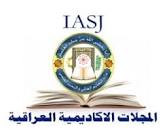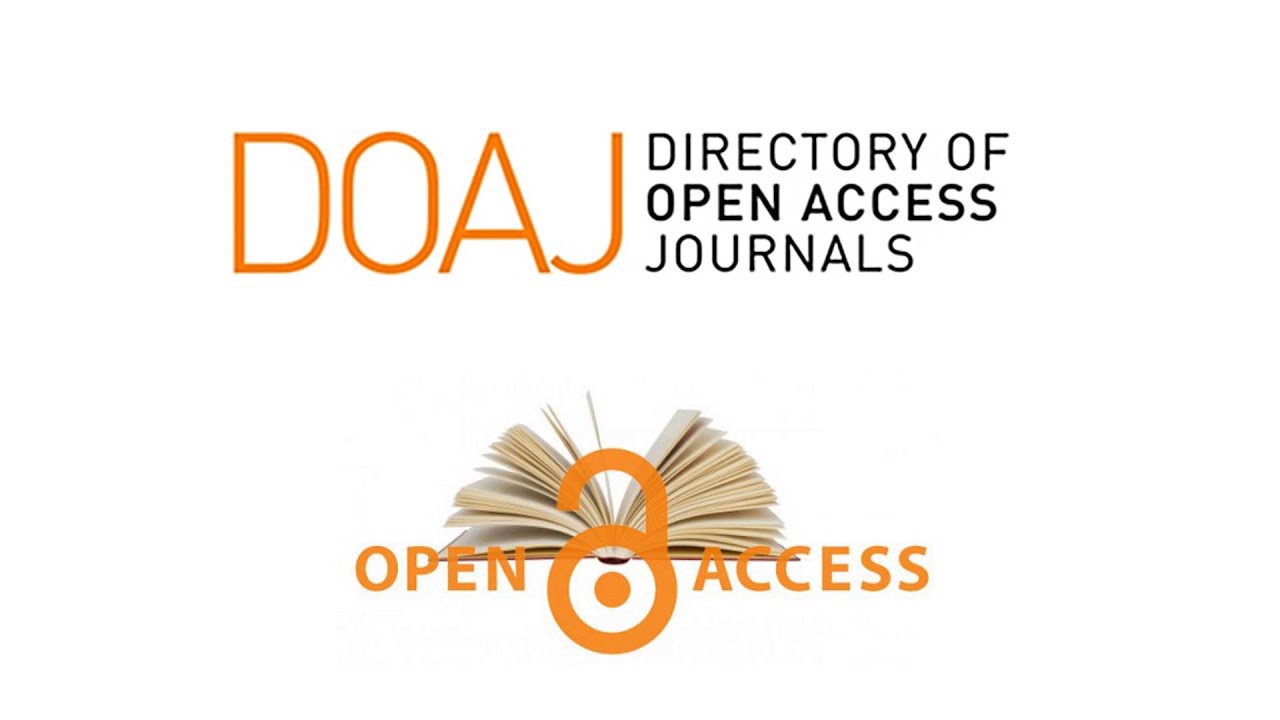Effect of Ginkgo biloba Leaves on Growth Performance and Thyroid Functions Markers in Normal and H2O2 Induced Oxidative Stress in Male Broiler Chicken.
Abstract
As antibiotic growth promoters are being phased out from poultry diets in different global regions, there is a significant focus on exploring substitute strategies. The complete randomized design applied to the study included 216 one-day-old male strain (Ross 307) broilers assigned into six equal number groups, three replicates, each consisting of 12 chicks. The control (group 1) was fed standard diet and group 2 was exposed to oxidative stress (OS) by 0.5% ml of hydrogen peroxide (50%) concentration per liter of water. Group 3 was exposed to OS and treated with 3.5 g/kg non-fermentedGinkgo bilobaleaves (Gbl), group 4 was exposed to OS and treated with 3.5 g/kg fermented Gbl, group 5 comprised normal chicken treated with 3.5 g/kg non-fermented Gbl, group 6 normal chicken consists of 3.5 g/kg fermented Gbl. The result showed that the normal chicken in group 6 treated with F- Gbl caused a significant decline (P < 0.01) in feed conversation ratio FCR (1.38) compared to all groups 2,3,4 and 5 (1.53,1.56,1.48 and1.57) respectively, while non- significant change (P > 0.01) observed inverses to control group. the final body weight (FBW) and weight gain (WG) in group 6 significantly increased (P < 0.01) as compared to all other experimental groups, and the level of T3 and T4 in group 6 non-significant change (P > 0.01) observed compared to group1.In summary, incorporating F-Gbl within the recommended range into broiler diet improved growth performance, physiological condition and regulated thyroid hormone function thereby increasing FI, WG and FBW.




